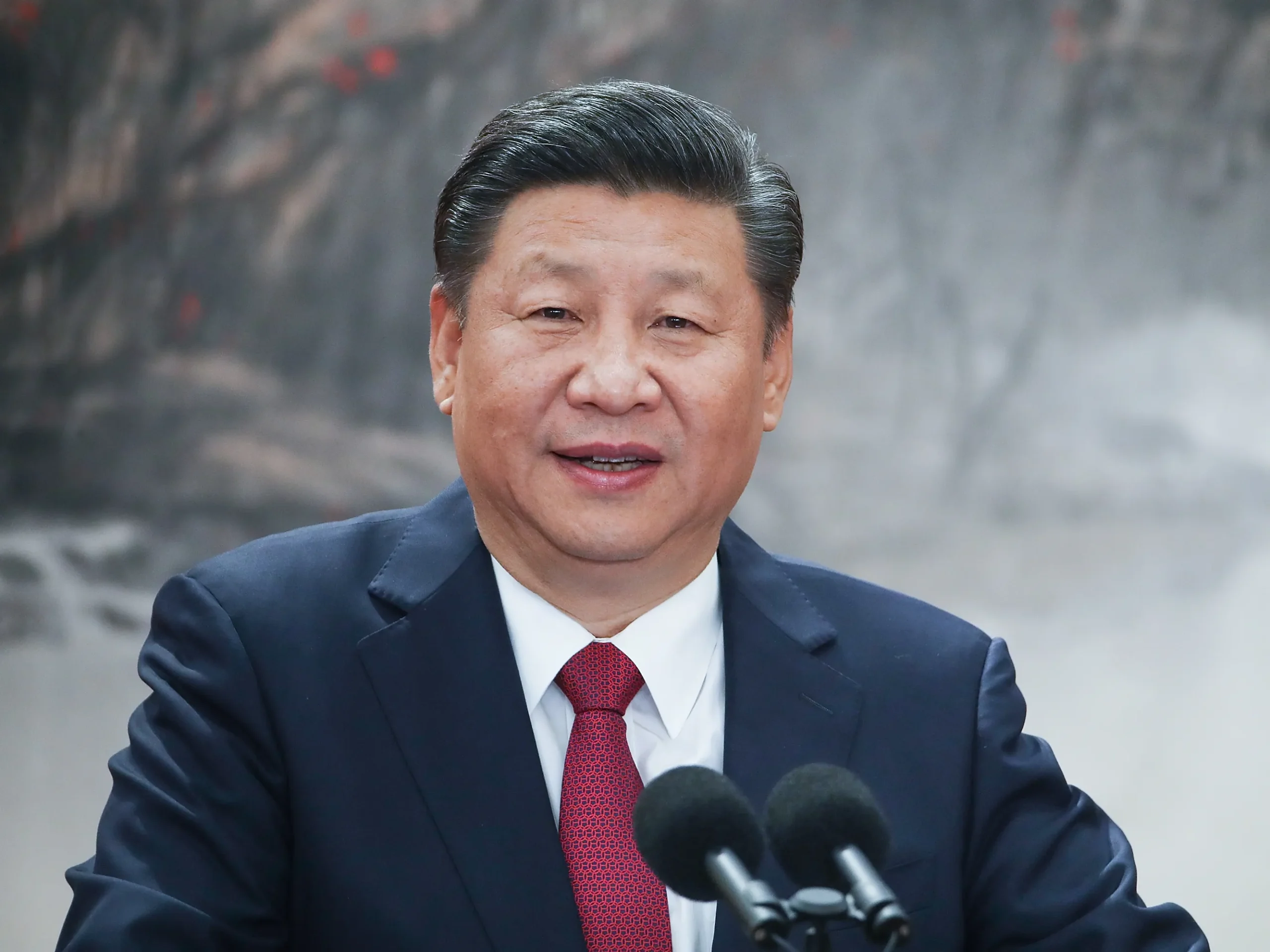State media said that Chinese President Xi Jinping advised leaders to “resist external interference” during a Central Asia summit on Thursday, July 4, in Astana, Kazakhstan.
According to state broadcaster CCTV, Xi said at a meeting of the Shanghai Cooperation Organization (SCO): “We should join hands to resist external interference, firmly support each other, take care of each other’s concerns, and firmly control the future and destiny of our countries and regional peace and development in our own hands.”
About half of all people on Earth live in the SCO, which spans a sizable portion of the globe from Moscow to Beijing. Belarus will become the organization’s tenth member on Thursday.
The host nation of Kazakhstan this year, India, China, Kyrgyzstan, Pakistan, Russia, Tajikistan, Uzbekistan, and, as of last year, Iran are among its other permanent members.
According to Xi, “the world stands again at a crossroads,” as quoted by CCTV.
“It is extremely important to the world that the SCO stands on the right side of history and on the side of fairness and justice.”
Vladimir Putin, the president of Russia, said Xi during their meeting on Wednesday that the Shanghai alliance was becoming more of “one of the key pillars of a fair multipolar world order”.
The primary goals of the SCO are to create massive projects to connect China and Europe via Central Asia and to promote economic connections among its member nations.
China has declined to denounce Russia’s invasion of Ukraine, which has piqued the interest of major nations in the area. Moscow wants to hold onto its historical dominance there, but Beijing has established close links thanks to its major infrastructure project, the Belt and Road, and the West is also fighting for influence.
Xi said to leaders on Thursday: “We must safeguard the right to development, adhere to inclusiveness, jointly promote technological innovation, maintain the stability and smoothness of industrial and supply chains, stimulate the endogenous power of the regional economy, and promote the realisation of common development goals”.







